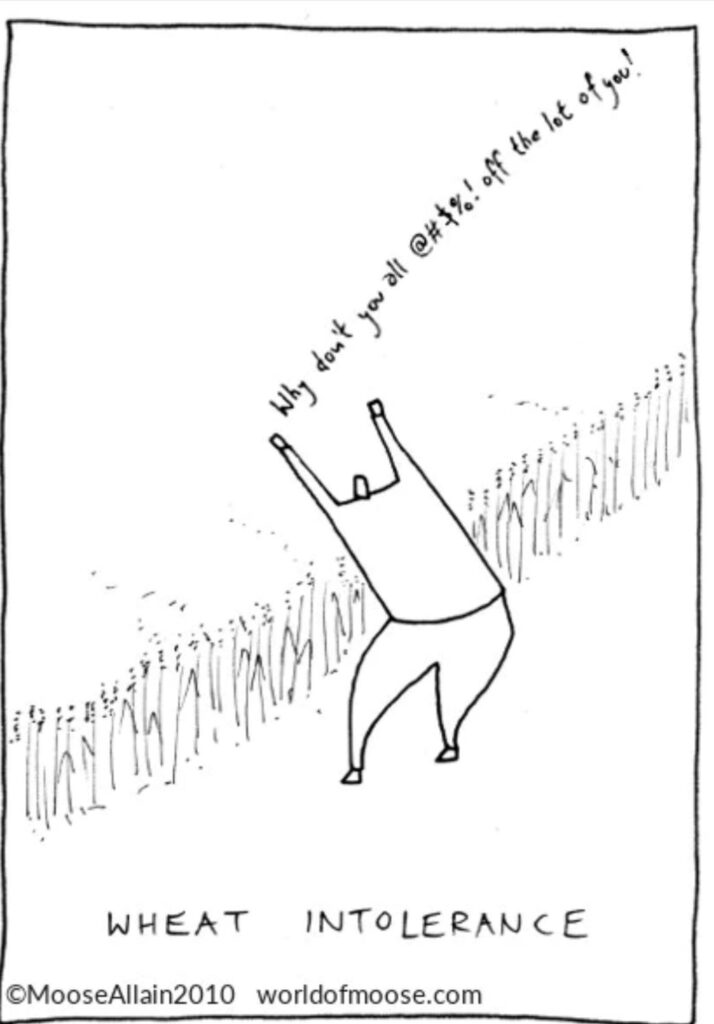Over the weekend I read an article that whilst informative created a bit of debate on Twitter about a particular grain merchant.
Frontier.
Formed out of the fading embers of Banks Cargill and Allied Grain back in 2005, Frontier has consistently posted profits since it’s creation.
Yet, that is not always met with a feeling of positivity from the wider Ag community.
Its success is met with a feeling that they are “making money out of farmers” and are an “unnecessary middle man”.
Which I find a very tired and lazy old trope that gets trotted out by those who should know better.
The truth is, when you are at the top, everyone wants to take you down or have a pop.
Ask Grainfarmers circa 2006…. oh, that’s right you can’t.
Rumours of the former giants financial uncertainty were rife around mid 2006 / early 2007 to the extent that it had to declare it was absolutely fine. It merged with Centaur Grain in 2008.
The whole “making money” out of farmers thing irks me – to the extent that I ran a poll asking how much money people thought a grain merchant makes out of its on farm purchases.
- £1 – £5/mt
- £6 – £10/mt
- £11 – £15/mt
71% of people thought it was £1 – £5/mt, 19% believed it to be £6 – £10/mt and 10% actually think it’s £11 – £15/mt. The mentalists.
I raised this issue, which then inspired a response from someone who had “downloaded the accounts from 2022” and could tell me the ins and outs of everything.
“They made £50 million before tax” – yeah so? Big deal? Of which they paid £20 million.
On the flip side have you tried getting money from a merchant that makes a loss? The customers of Wellgrain and Viking Grain could tell you that its not a great experience.
Then there are those who had to “voluntary liquidate” their forward book – Isaac Poad, Dalmark Grain and Fengrain.
Surely the fact a business is successful is a good thing , isn’t it?
Every grain merchant wants to do the same thing – otherwise what’s the point?

To make money from the grain market is not easy.
Many think it is and have been found out. More than once.
It’s not like a player in the fertiliser industry who increased prices on the back of a buoyant grain market because “farmers could afford to pay more”
The grain industry is a thankless business. Where you work hard to establish relationships with farm customers only to lose a deal for 50p or not get the tonnage you thought you might.
It’s your fault when something is rejected. It’s your problem if a farmer runs short and thanks to modern technology you are only ever a phonecall or email away from being moaned at when a haulier turns up early/late.
It’s little wonder that new entrants into the trade try it for 8 month and think “f*ck this” and go and work in Primark instead.
“Phil! Without farmers, there’d be no merchants” is a common reply.
True – however , in the scenario that a load of wheat gets rejected , who are you going to call in order to find a new home? How are you going to negotiate with the haulier, who wants it tipped off so they can do their next job? What about the price? How do you know you aren’t getting your pants pulled down?
It’s a symbiotic relationship. One needs the other.
When the grain markets spiked back in 2007, I remember my colleague opposite me whooping and cheering.
When asked why he replied “When farmers do well, we all do well”
Which is true.
The only difference is that merchants don’t feel the need to say farmers make too much money in a profitable year and whinge about it on social media.